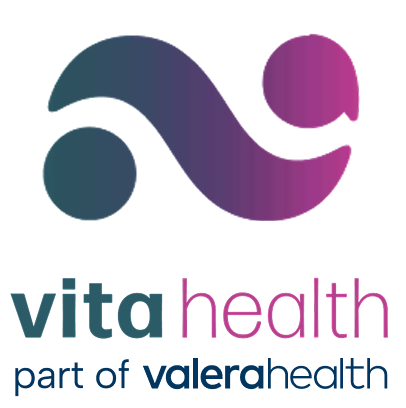There’s no doubt about it – mental health is health. As the intersection of our physical, emotional, and social well-being, mental health is not only deeply affected by our internal and external surroundings, but it also affects how we think, feel, and respond.
Supporting and prioritizing our mental health is essential for maintaining a healthy mind, body, and spirit. Here are five ways you can better yours, 365 days a year.
Movement
Exercise has been shown to dramatically reduce symptoms of anxiety, depression, and negative mood and by improving self-esteem and cognitive function. It can also improve focus and provide an almost instantaneous mood boost, even with just 10-minutes of activity. Try incorporating a quick workout or walk into your daily routine, and be sure to note how you feel before and after.
Sleep
“The way you feel while you are awake depends in part on what happens while you are sleeping.” If you think about how you feel after a poor night of sleep – the answer is probably not great. And there’s a reason for that!
Sleep is essential for overall function and focus, not to mention retaining new information and healthy growth and development, especially in children and teens. In fact, not getting enough sleep puts us at increased risk of conditions such as obesity, coronary heart disease, high blood pressure, and even stroke. Limiting caffeine intake and smartphone use – or creating a “no tech zone” in your bedroom – are simple, effective ways to make sure you get better shut eye each night.
Nutrition
Nutrition isn’t just important for our physical health, it has profound effects on our mental well-being, too. As Harvard Medical School notes, “Since about 95% of your serotonin is produced in your gastrointestinal tract, and your gastrointestinal tract is lined with a hundred million nerve cells, or neurons, it makes sense that the inner workings of your digestive system don’t just help you digest food, but also guide your emotions.”
People who eat diets rich in vegetables, fruits, unprocessed grains, and fish and seafood, like traditional Mediterranean and Japanese diets, have been shown to have lower risks of depression in those who eat them by 25% to 35% compared to Western diets, where processed foods and sugars tend to be more common.
A mindful check-in
To check on our friends’ and family’s well-being we often ask, “How are you doing?”. This simple phrase can be a very powerful tool when applied to ourselves. Psychologist Dan Siegel observes that the act of naming the emotions we’re experiencing as they occur can lessen their impact on us through creating greater self-awareness and sense of control. He refers to this practice as “name it to tame it.”
By naming the emotion we’re experiencing, we can see the forest through the trees, so to speak. If we’re experiencing uncomfortable emotions, such as anxiety or anger, we’re enabled to take action. We might choose to validate what we’re experiencing, shift our perspective, take a few deep breaths, call a friend, or mobilize a problem solving strategy.
Talk to a professional
Self-care is essential, but sometimes it alone might not be enough. Just as we all need medical care from time to time, we all can benefit from mental health care at different stages in life. Vita Health is here to help with quick access to quality therapy covered by insurance. Our therapists are ready and willing to help with any concern – no matter how big or small.
Ready to request an appointment? Click here to get started.



